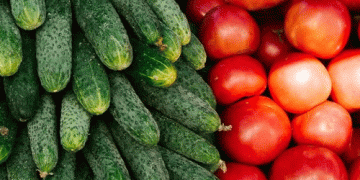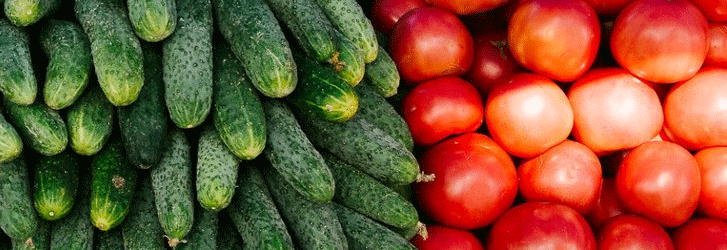The Irkutsk branch of Rospotrebnadzor (Russia’s consumer protection agency) reported removing 1.7 metric tons of non-compliant fresh produce from circulation in the first half of 2025. The crackdown resulted in 223,000 rubles (≈$2,500) in fines, highlighting increased scrutiny on food quality in Eastern Siberia.
Inspection Findings
- 862 produce samples tested across retail markets and stores
- 0.3% failure rate (approximately 2-3 contaminated samples)
- Violations included:
- Improper storage conditions
- Missing product documentation
- Expired shelf life dates
- Suspected pesticide/chemical exceedances
Behind the Numbers: Russia’s Tightening Food Standards
- Radiation Monitoring
- Heightened checks follow 2024 reports of imported produce with cesium-137 traces
- GMO Screening
- Russia maintains strict bans on genetically modified fresh produce
- Documentation Requirements
- New 2025 traceability rules mandate digital product passports for all commercial produce
Impact on Local Agriculture
- Opportunity: Irkutsk’s clean inspection record (99.7% compliance) could boost domestic sales
- Challenge: Small farmers struggle with paperwork requirements
- Trend: Regional authorities now conducting 2x more inspections than 2020 levels
Best Practices for Compliance
Farmers and distributors should:
✔ Implement blockchain-based traceability systems
✔ Conduct pre-shipment lab tests for pesticides/heavy metals
✔ Train staff on Russia’s evolving labeling regulations
Quality as Competitive Advantage
While 1.7 tons represents a small fraction of Irkutsk’s produce supply, the enforcement action signals:
- Zero tolerance for documentation/safety lapses
- Growing market preference for verified-safe local produce
- Need for proactive quality control throughout supply chains
Producers who invest in compliance infrastructure now will gain premium market access as Russian consumers increasingly prioritize food safety.































